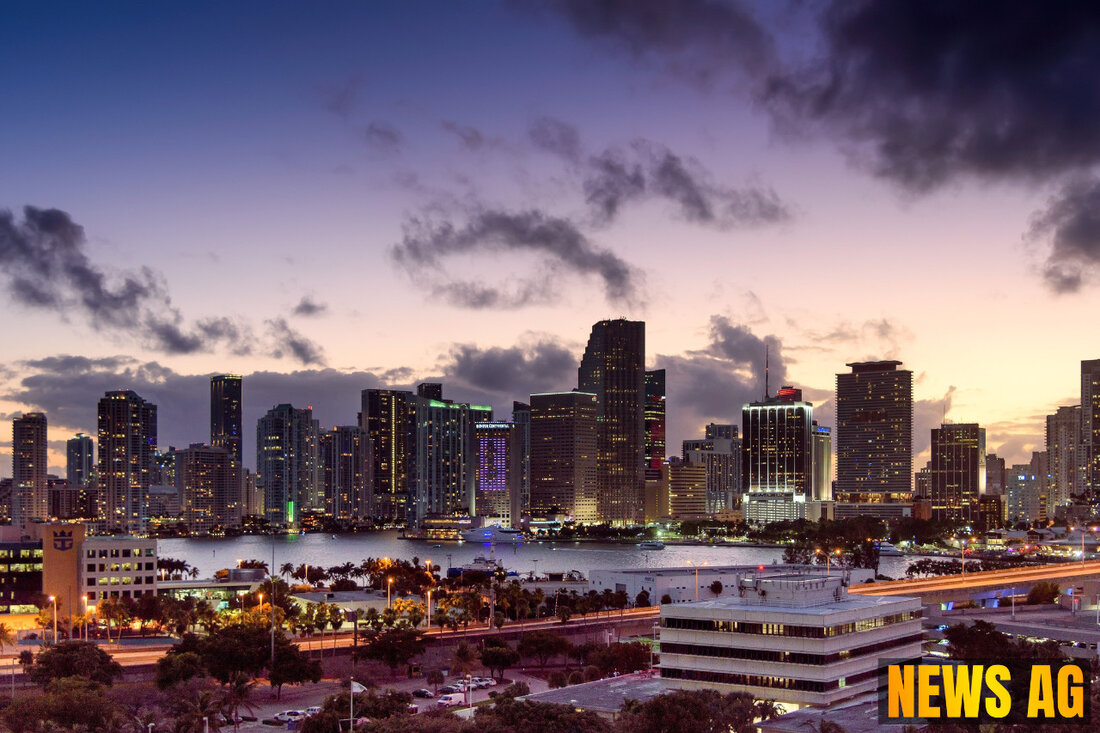Court Ruling Looms on Walton County Beach Access Legal Battle
Walton County faces legal challenges over beach access rights amid new court hearings and the recent repeal of restrictive laws.

Court Ruling Looms on Walton County Beach Access Legal Battle
Florida’s beaches, a vital part of the state’s charm, face a legal showdown that may reshape how residents and tourists access these beloved stretches of sand. Recently, Governor Ron DeSantis approved the repeal of a law that affected customary beach access. This move has prompted the 1st District Court of Appeal to consider whether such a repeal could render a legal case involving Walton County property owners moot. With a hearing set for next week, the tension surrounding beach access in Walton County continues to mount.
The debate around customary beach use in Florida isn’t new. For years, various counties have passed ordinances to protect the right to public beach access. Notably, Walton County, which has been at the center of these disputes, enacted its ordinance in September 2016, later than others. A significant 2018 law, introduced by Kathleen Passidomo, complicated matters by requiring counties to prove customary use of private beach areas, leaving Walton County alone under its stringent regulations.
Legal Battles and Community Concerns
In the wake of this controversial law, frustrations have bubbled to the surface between property owners and the public. The original 2018 legislation mandated lengthy legal processes for Walton County to establish customary use rights, ultimately leading to a challenging court case involving about 500 property owners. Some property owners settled with the county, while others remained opposed, culminating in ongoing legal dilemmas.
The petition from property owners, represented by the T. Michael Glenn Trust, Bruce Healy, and Lake Partners, LLC, contests the county’s declaration of customary use on multiple fronts, citing insufficient notice and constitutional arguments. They claim that such public use effectively represents a taking of private property as defined by U.S. Supreme Court decisions. On the flip side, Walton County’s lawyers argue that Florida’s legal framework has long recognized the public’s right to utilize beaches, seeking to assert these rights against the backdrop of rising property owner concerns.
The Economic Context
The relationship between beach access laws and local economies is an intricate one. Florida’s stunning beaches are not only a wonderful escape for residents but also a major lure for tourists, directly impacting everything from property values to the vibrancy of local businesses. Dr. Joel Rudman and Destin Mayor Bobby Wagner have expressed alarm that restricted beach access could lead to economic downturns and negative publicity that could deter visitors.
The discontent isn’t limited to property owners; it has sparked broader community chatter. Local officials argue that restoring previous beach access laws could help alleviate tensions and support tourism, which is vital for the area’s economic lifeblood. Yet, some, including public speaker John Howard, oppose full repeal, fearing it could infringe upon private property rights and usher in mob rule dynamics over real estate.
A Path Forward?
As deliberations in the state legislature continue, the future of beach access hangs in the balance. Senate Bill 1622, introduced by State Senator Jay Trumbull, aims to undo the limitations set by the 2018 law, but faces opposition from figures like former Senate Presidents Don Gaetz and Kathleen Passidomo, citing procedural issues and potential for increased litigation.
This evolving saga will not only influence court decisions in the upcoming weeks but could reshape Florida’s approach to balancing the rights of private property owners with the public’s right to access some of the state’s most treasured resources. As the appeal court considers the implications of the law’s repeal, communities and tourists alike will be watching closely, hoping for a resolution that preserves the public’s cherished access to Florida’s beaches.

 Suche
Suche
 Mein Konto
Mein Konto